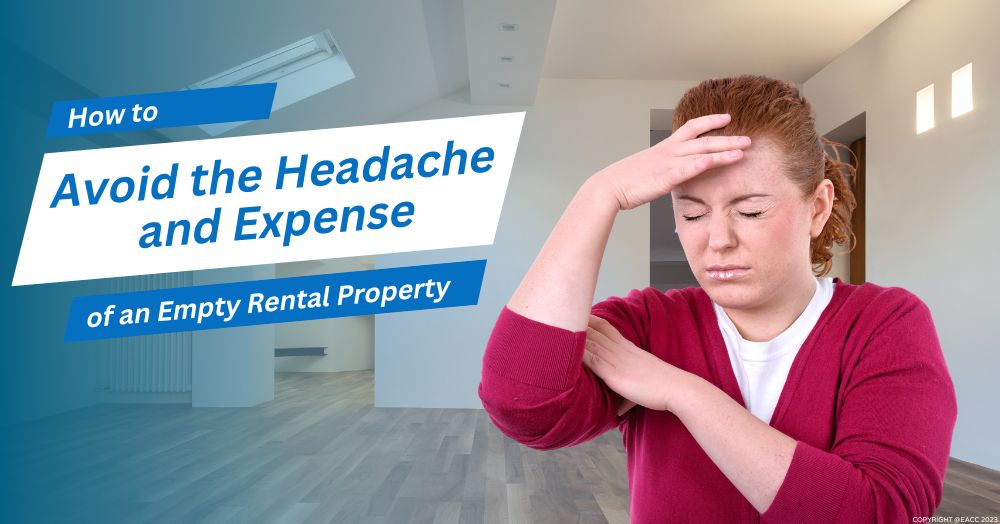Success as a landlord doesn’t just centre around what you do when your property is tenanted. How you manage your rental when it’s empty is also crucial.
All landlords have to contend with void periods – they’re an inevitable part of having a buy-to-let.
So, it’s wise to budget for the costs associated with void periods and take precautions to stop them dragging on.
That’s because when your property is empty, not only will you be missing out on rent, you’ll also have to cover the mortgage and utility bills (you’ll need to heat your property to some degree to prevent the pipes from freezing and condensation). And then there’s the thorny issue of council tax.
A few years ago, many local authorities gave landlords a one-month grace period on paying council tax on empty properties. But many cash-strapped councils have since scrapped this policy, while others only offer a partial discount.
Given that void periods can be costly, it’s imperative that landlords carefully manage them and keep them to a minimum. Here are tips on how to do both.
Managing void periods
– Set some cash aside to cover costs when your property is empty.
– Check the rules on council tax and vacant properties in your local area so you can budget.
– When your tenant serves notice, use this time wisely to carry out any improvement works.
– Include rent protection in your landlord insurance.
– Check your insurance cover; some policies become invalid if the property is empty for more than 30 days. If your property looks set to be vacant for a significant period, you may need to take out unoccupied property insurance.
How to prevent unnecessarily lengthy void periods
– Be aware that it might take longer to find good tenants if your property is vacant around the Christmas period, as it’s quiet and difficult to arrange viewings.
– Maintain your buy-to-let to a high standard all year round. Don’t put off maintenance or repair work.
– Be a responsive landlord. Happy tenants are likely to stay longer.
– If you’re time-poor, use a letting agent to manage the property and reduce tenant turnover.
Contact us here at Hi Residential to learn more about our property management services.





